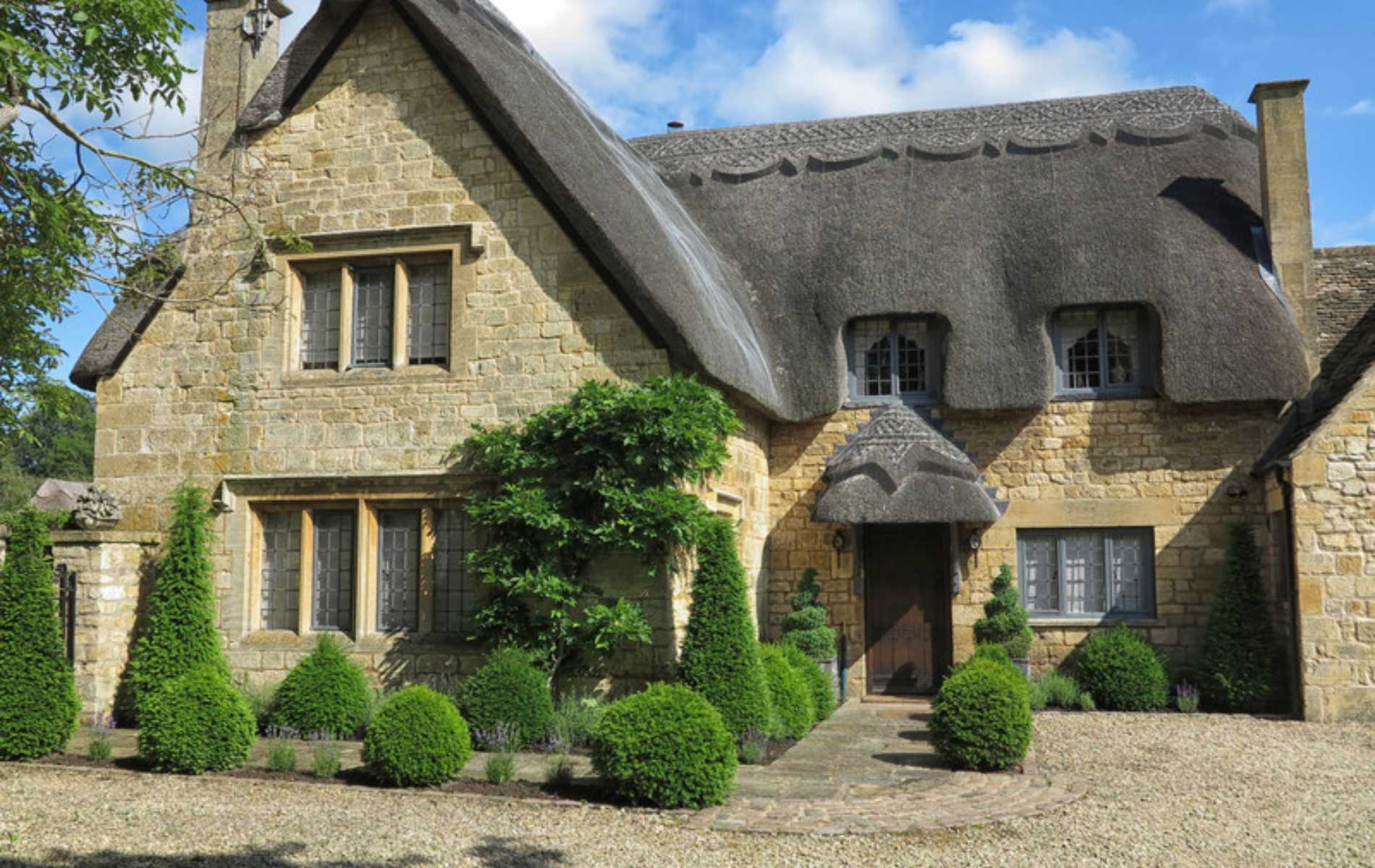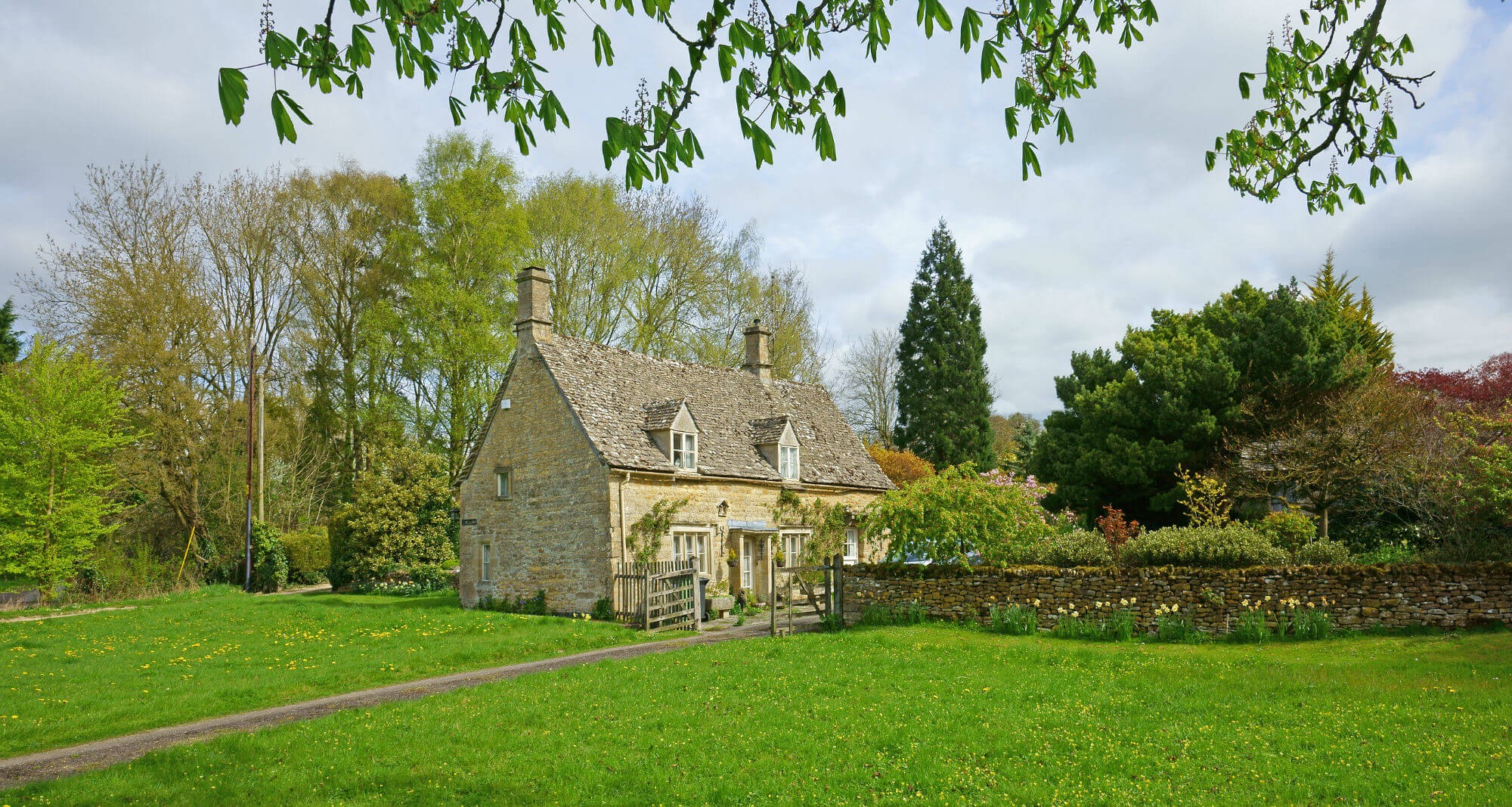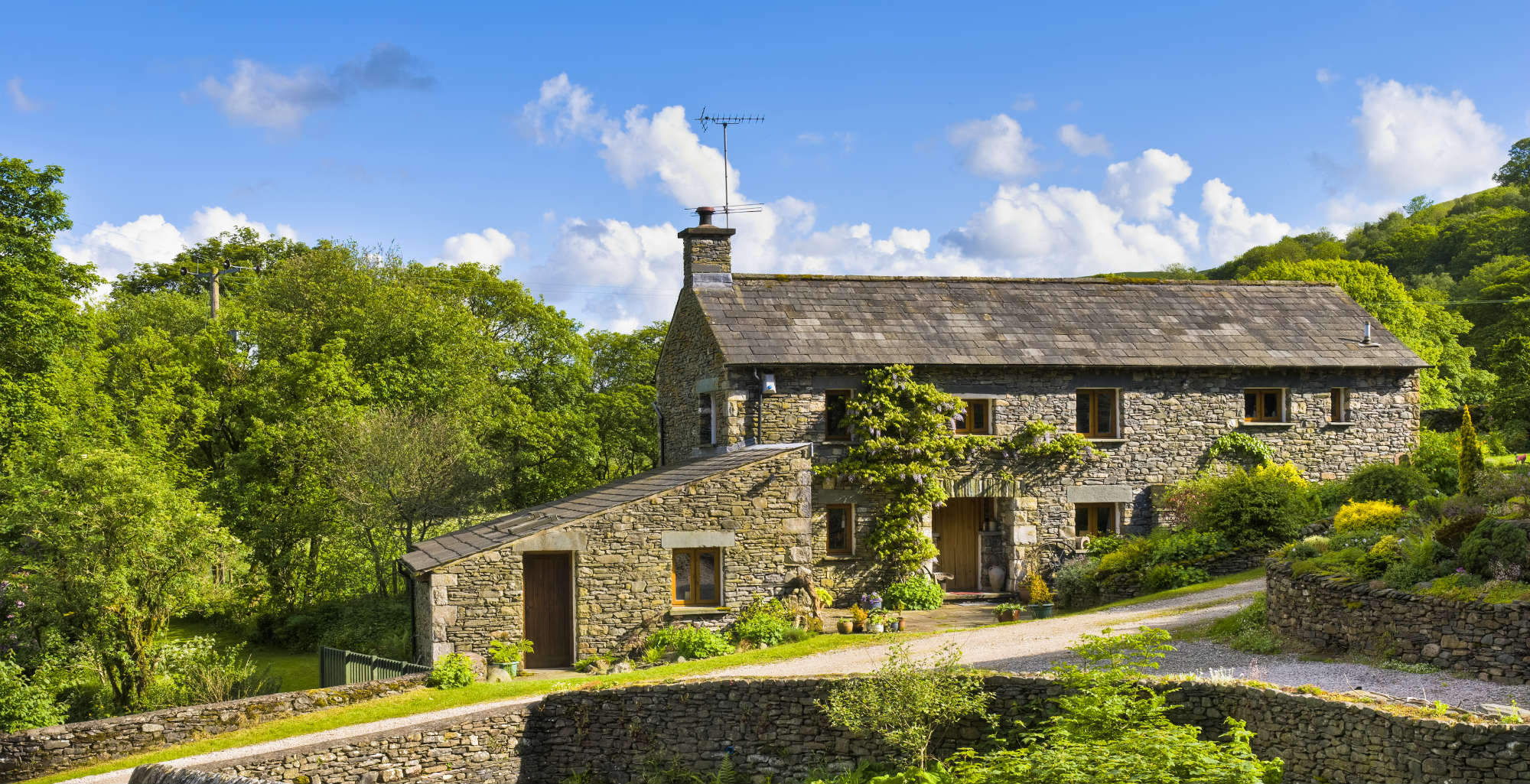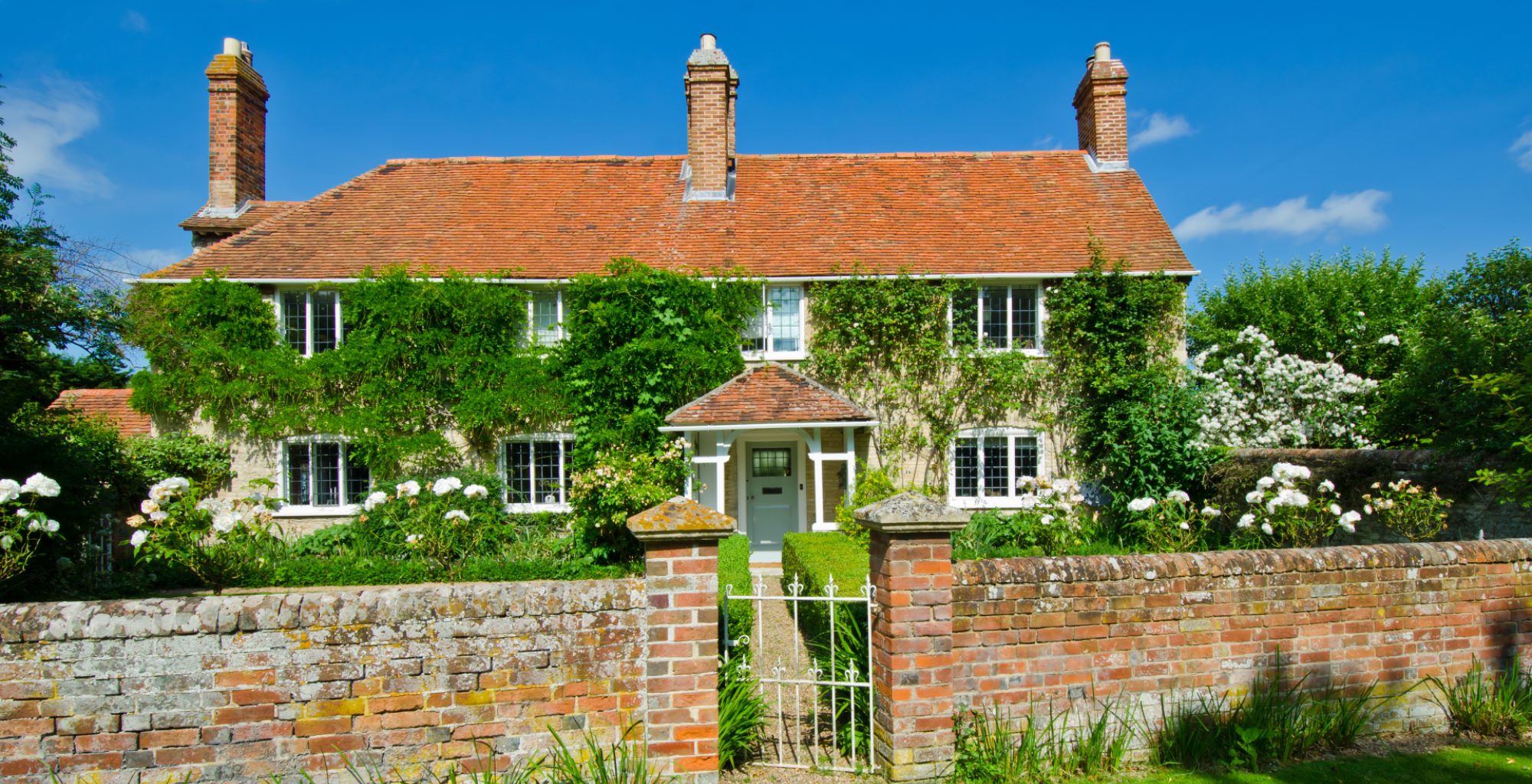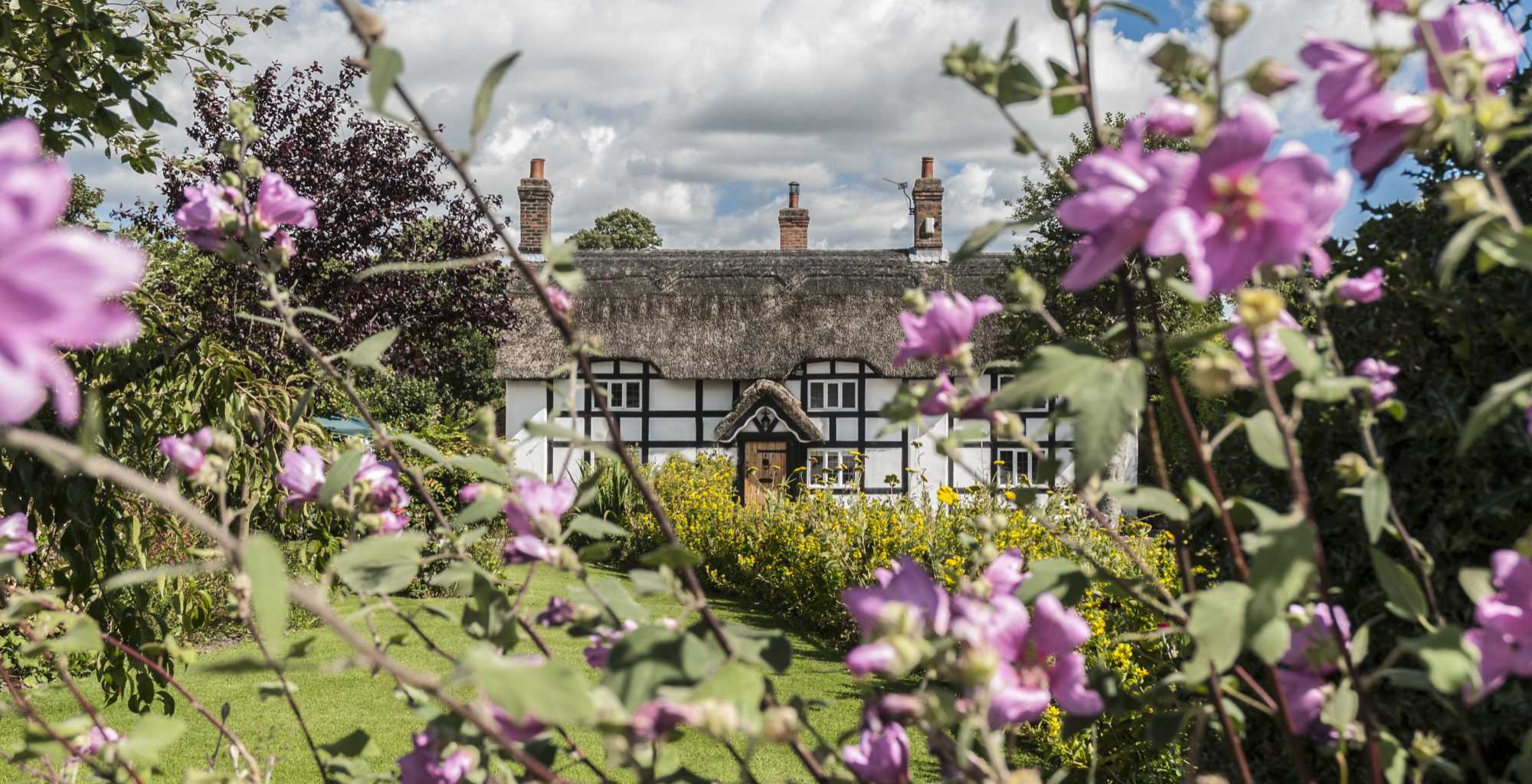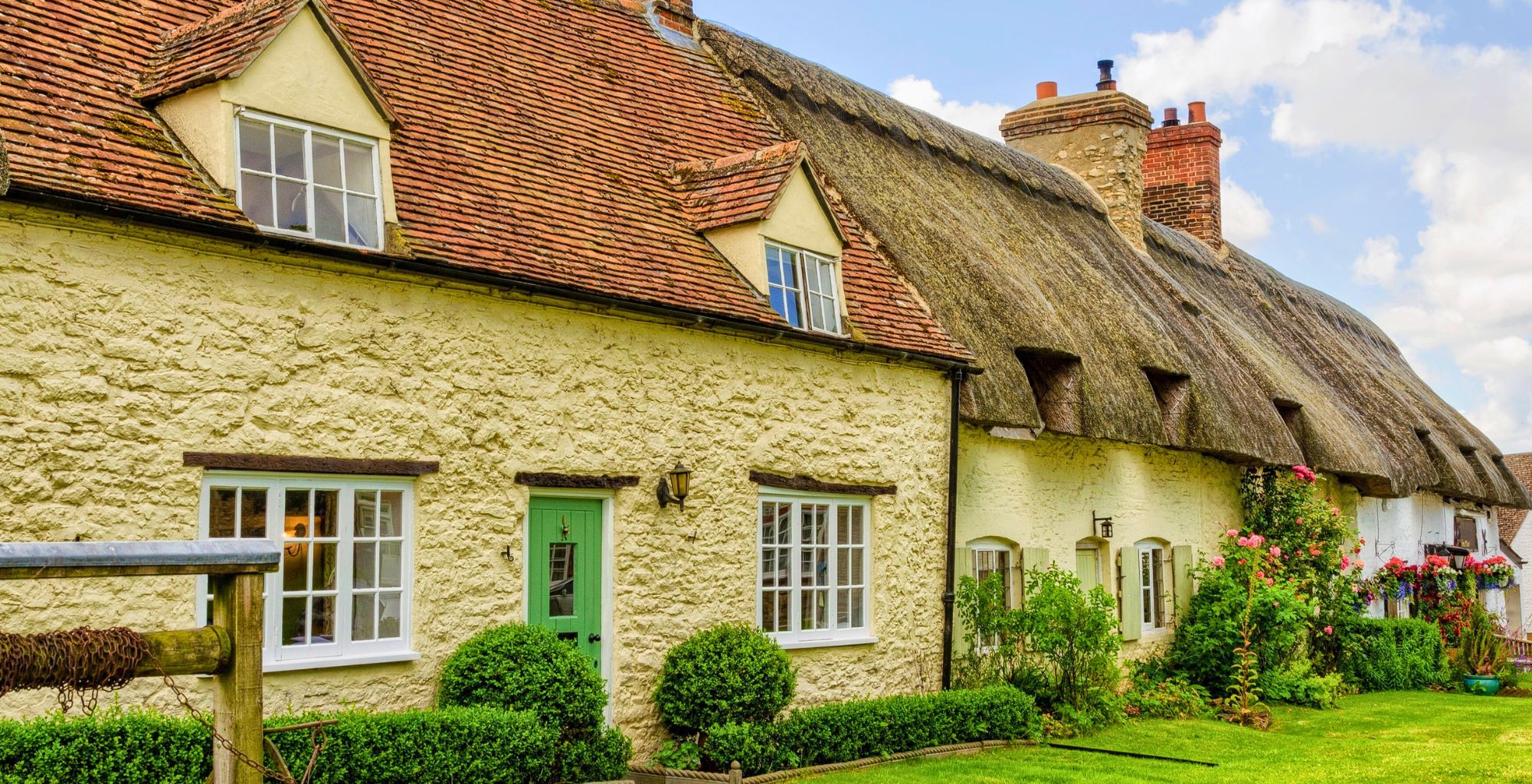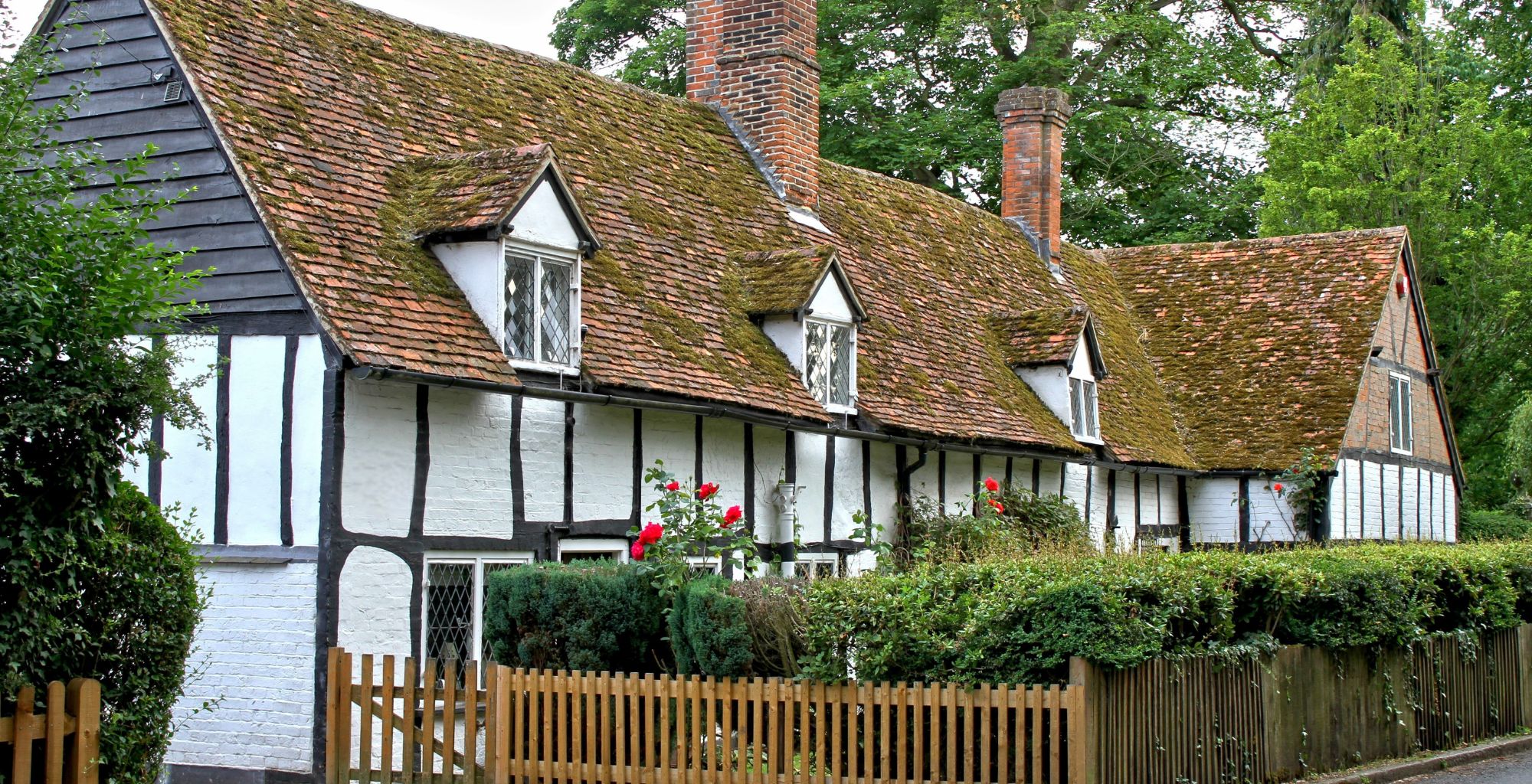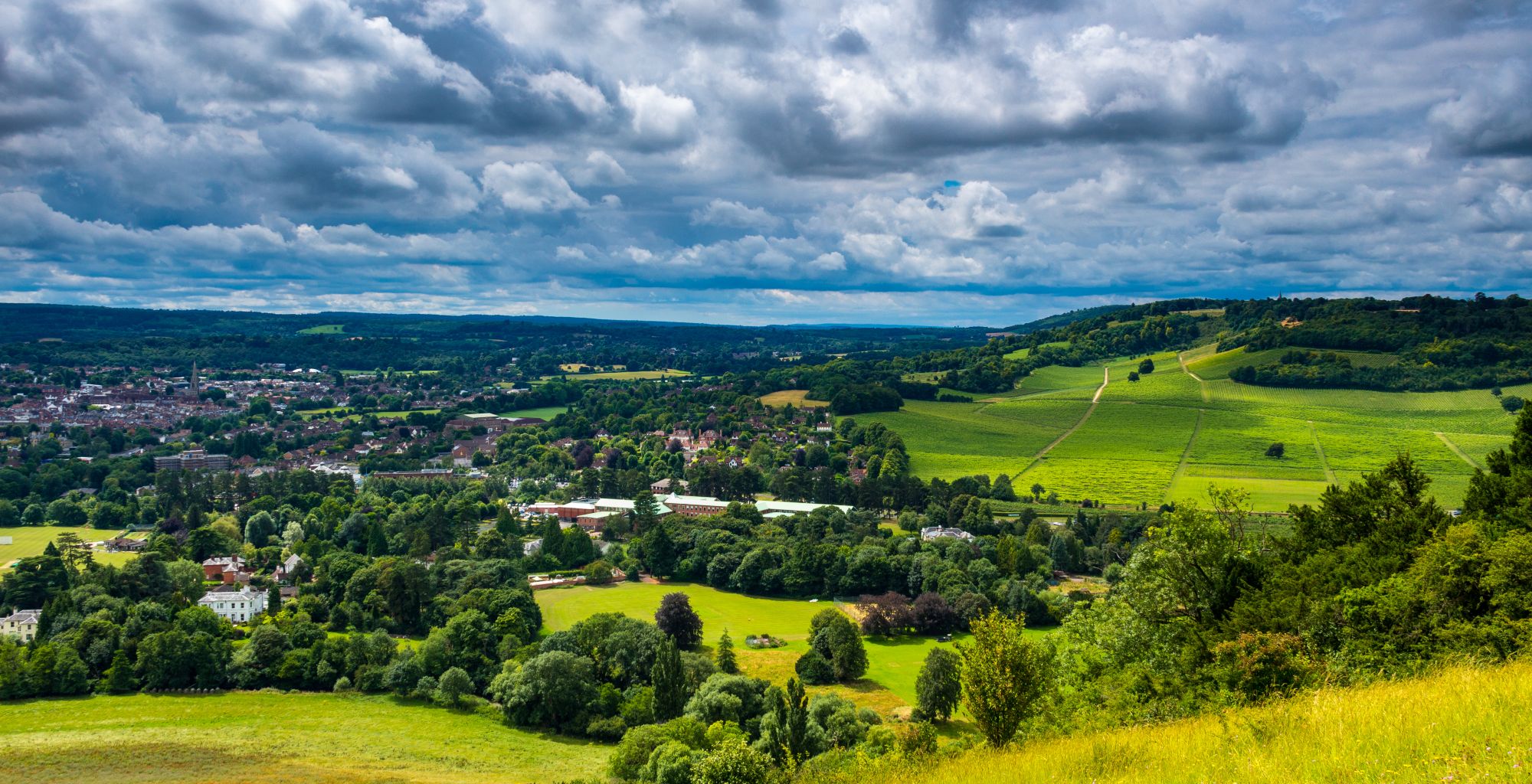Are you considering a move to the North West and want to know where the best places to live...
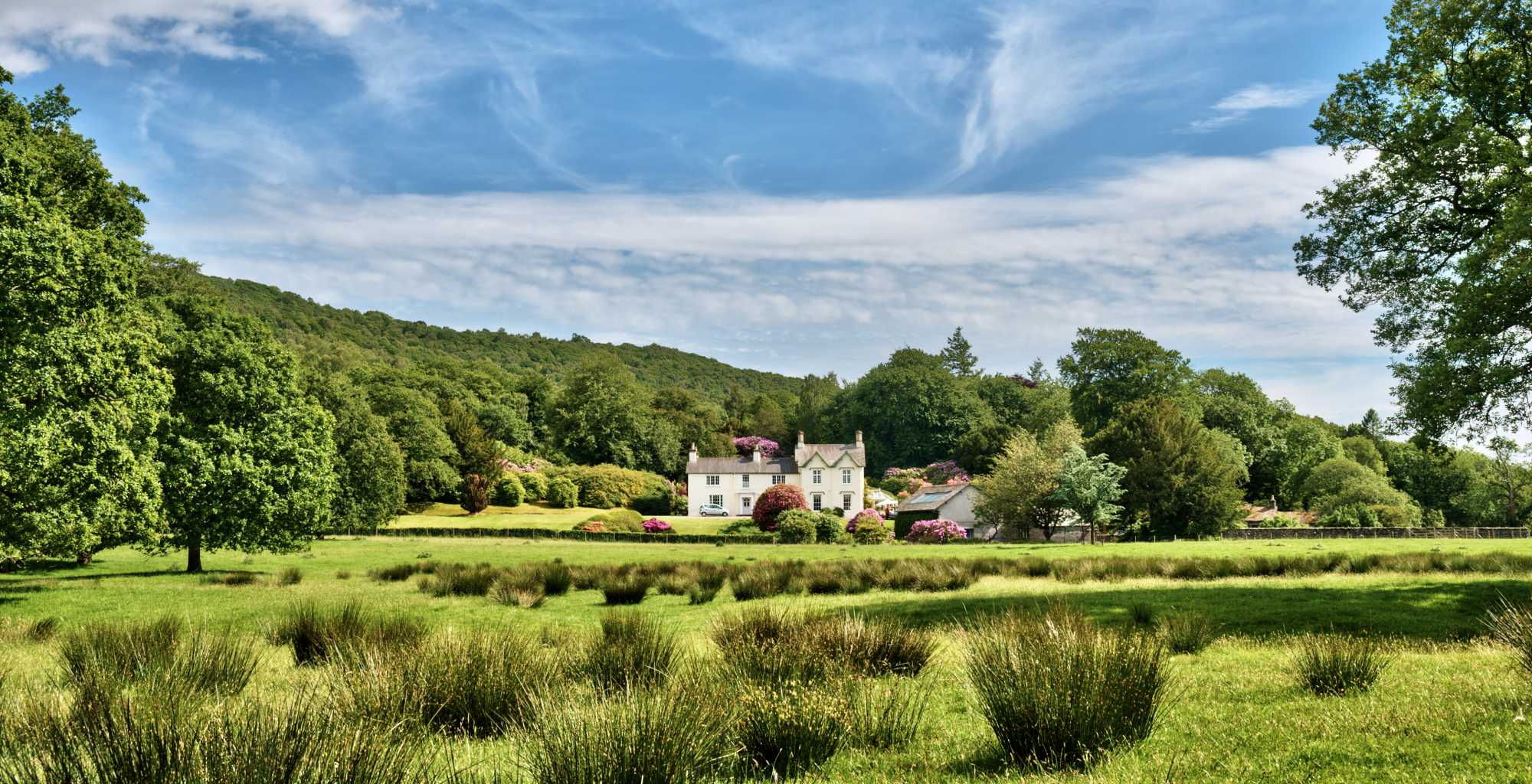
Buying a house in the country
When buying a house in the country, there are many considerations you need to take into account.
Are you thinking about downsizing from a town or city, or looking to make a move from an urban area to raise a family in a rural location?
Or have you decided to make a move to the countryside as a lifestyle choice, to change your career or to work from home to give you a better life/work balance?
Whatever your reasons for buying a country house, Garrington can assist you with finding the perfect home to suit your needs.
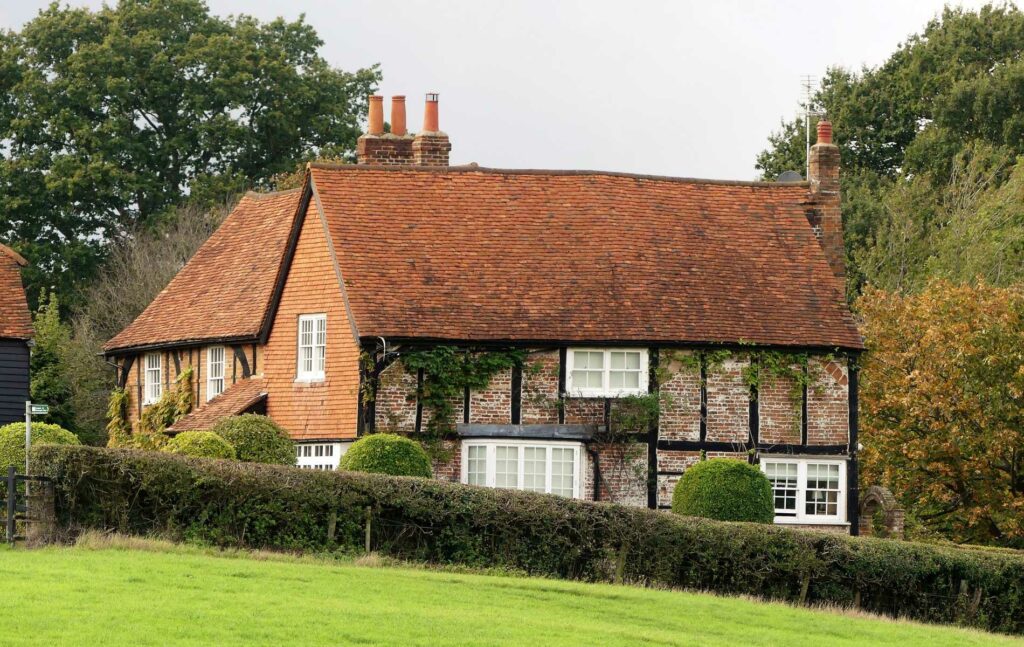
Finding a country property in a busy market
It’s been widely reported in the media that increased numbers of house hunters have been seeking properties in more rural settings.
In a market where the demand is far greater than the supply of homes, estate agents are selecting who is given priority to view houses that are newly available to buy and only informing serious buyers of off market opportunities.
With the competition so strong from others, to be in with a chance of not only finding but securing a property you need to make sure you are an attractive buyer and that you are clear on your requirements.
So, what do we mean by an attractive buyer?
An attractive buyer will be one who can move forwards swiftly and has all their paperwork ready to share with the selling agent in order to proceed with the transaction.
For example, an attractive buyer will have their finances arranged and have either proof of funds ready to share or a mortgage agreed in principle.
If a buyer has to sell their existing home before being able to buy then their property should be on the market but ideally will be under offer – this is a conundrum that many buyers and sellers face in a busy market but timelines and expectations can be managed.
This said, some buyers have opted to sell their home and move into rented accommodation in the interim to put them in a more attractive chain-free position.
As experienced buying agents, Garrington can advise their clients and assist with ensuring they are in a strengthened position with professional representation.
Why do you want to live in a country house?
The reasons for choosing a home in the country affects where and what kind of property you buy.
To get started, these are some of the most pertinent questions to answer that can help shape your property search:
- Are you looking for a family house, big enough for children and with an ideal garden?
- Are you a professional couple looking to live in a rural location but with the aim of travelling to work, meaning you need to be close to a railway station or within easy access of good roads?
- Are you downsizing and looking for something more low maintenance?
- Is your country house going to be a bolt-hole for you to escape to in the holidays meaning you may want to rent it out some of the time?
- Are you looking to move with parents or elderly relatives too?
- How important is it to be near to amenities and ‘life’ in the form of a village with a community?
- Are you looking to get away from it all, and don’t mind living in a house that is isolated from others, a drive away from a shop or pub?
- Or would you prefer to find something within a village, within walking distance of a surgery or pub and shop?
Priorities when buying a house in the country
Period or new?
Understanding the style of country house you want is important as there are many to choose from.
Are you looking for something period which may need work doing to it either when you move in or certainly going forward?
Perhaps you want a Victorian farmhouse or a Georgian village home?
Features of an older property to consider when buying, which can add to the cost going forward, include sash windows—these often can be in a poor state of repair and are costly to replace or renovate.
Also, things like the roof, as well as electric wiring and plumbing, may need improving if you buy an older property.
A barn conversion can be a good compromise.
These usually offer more modern interiors and can be on one level, as well as being situated close to other properties, giving you some like-minded neighbours.
Or do you want something completely new? There are many ultra-modern houses in prime countryside sites that you can move into and which don’t need anything doing to them.
Over the past few years, more high-value new houses have been built in rural communities.
If you are looking for a home in the country but do want to build a social life or help your children make friends, there are some very exclusive new developments in and around villages.
These kinds of homes come with all the advantages of modern day living but you are in a dream location and able to sample everything the country has to offer too.
Property style, age and size varies wildly in the countryside though certain areas will often have a particular property style so be sure you’re happy with the local aesthetics before you focus your search on an area – in some areas you simply won’t find brand new properties because of village conservation rules.
However, in almost all parts of the country, you will find barn conversions which can present a good mid ground of old and new.
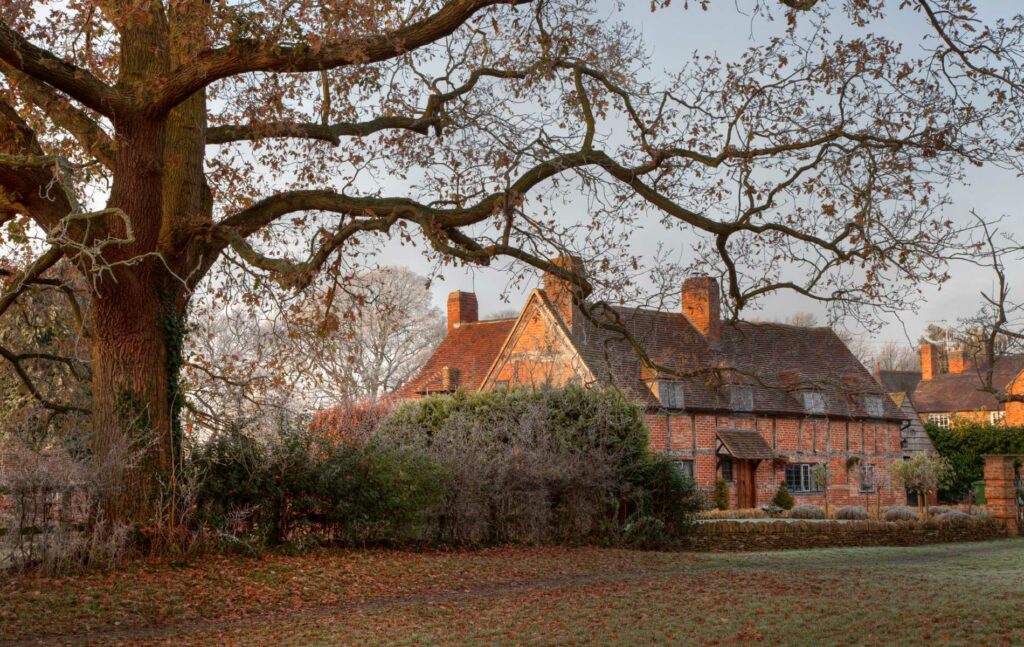
Listed or not?
Buying a country house that is listed means you won’t be able to make certain alterations without obtaining the correct planning permission.
Buying a listed country house is a responsibility but doesn’t necessarily mean you won’t be able to alter it.
However, it will take you longer to do so because you will need to apply for planning and work within several recommended guidelines.
Don’t be put off if a property is listed as it means it is protected because of its historic importance.
You are going to become a custodian of that and working within its listing only means you are helping to protect it too for the future.
Buying a house which isn’t listed is certainly a benefit if you are planning to renovate it or add an extension.
However, this can sometimes be reflected in the property price. You can pay more for an unlisted property.
Land or just a garden?
Buying a house in the countryside may mean you want something with extra land.
You might want a paddock for a horse or pony, or may be looking to set up a small business using land.
Most country houses will come with a garden but if you want something more, you may need to look at specialist agencies selling farm properties and estates.
Barn conversions or new builds don’t tend to come with large amounts of outdoor space, and some period houses may have had their original plots carved up and sold off over time.
Do consider the impact of owning a large garden if you are moving from the city; you’ll need to invest in the right equipment and maybe pay for a gardener.
However, there’s nothing better than owning a garden with fruit trees so you can enjoy your own apples, plums and pears or have room to grow your own vegetables.
Having some land of your own to keep chickens in or even to use as a smallholding can be very rewarding if you’ve moved from a city where outdoor space is at a premium.
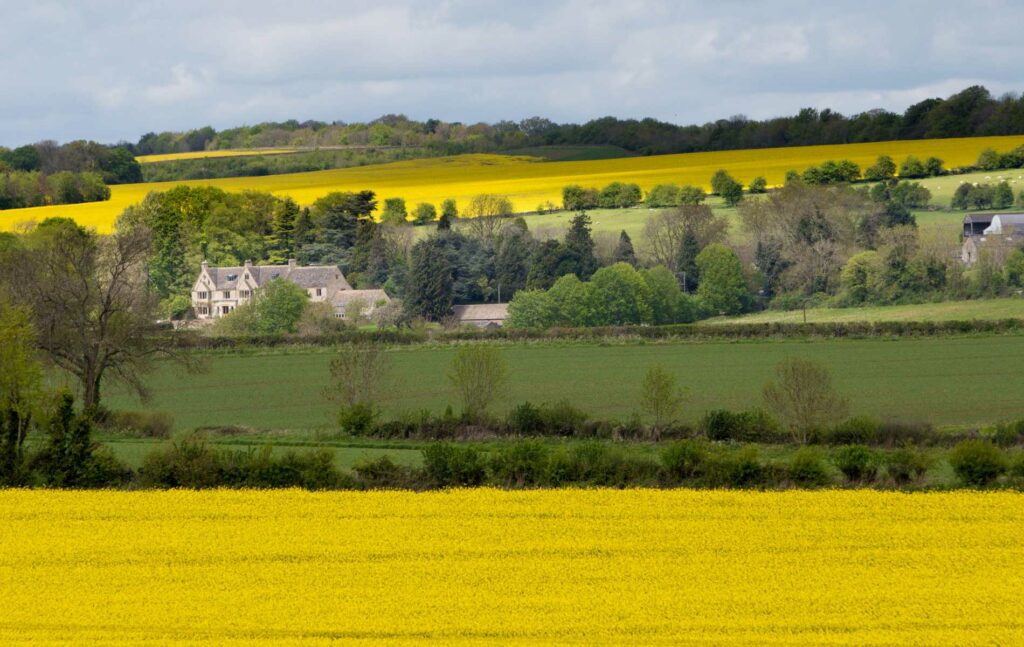
Outbuildings
A property in the countryside may come with additional outbuildings, such as old barns or stores.
These may be extremely useful for converting for use as a holiday let, generating extra income from your home.
You may consider converting an outbuilding into an annexe for an older relative or for use by your children.
Having an office separate from your home is also very popular for those who don’t want to commute into the office every day.
If the buildings are unconverted, it’s worth considering how easy it would be to convert them—do they have an electricity or a water supply?
Is there asbestos in their structure meaning it would be more costly to convert?
Attic space
A country house may have an attic that could be converted to create extra bedrooms. Some may already be converted.
A house with a large attic does mean you could possibly convert it to make children’s bedrooms or a home office.
Do consider, however, access if it’s going to be used regularly and how easy it would be to put in extra facilities, such as an en suite or kitchenette.
Location considerations when buying a house in the country
Staying connected
If you need to work from home or have a busy family lifestyle, you’ll need a house in the country which has a good internet connection.
Many places in rural locations just don’t have this so if you want to work, and your children want to be able to play games or surf the net for music or apps, finding a home that’s well connected is going to be vital.
The country’s not the city
Living in a country house can offer an idyllic lifestyle. There will be the luxury of space and potentially wonderful views from the windows.
Exercise will be easier as there will be walks you can do, which is great if you have a dog, and also may mean you don’t need to go to the gym.
You’ll wake up to the sounds of birds, not traffic. However, it’s not the same as living in a town or city.
There aren’t coffee bars or restaurants within walking distance and the pace of life is a lot slower.
Shops and restaurants aren’t always open all hours in the countryside, some even close completely during the winter.
So if you rely on these kinds of services, you’ll need a house in the right location.
In bad weather, you may not even be able to leave your house or will be at the mercy of a local farmer clearing the road for you, so factor this in.
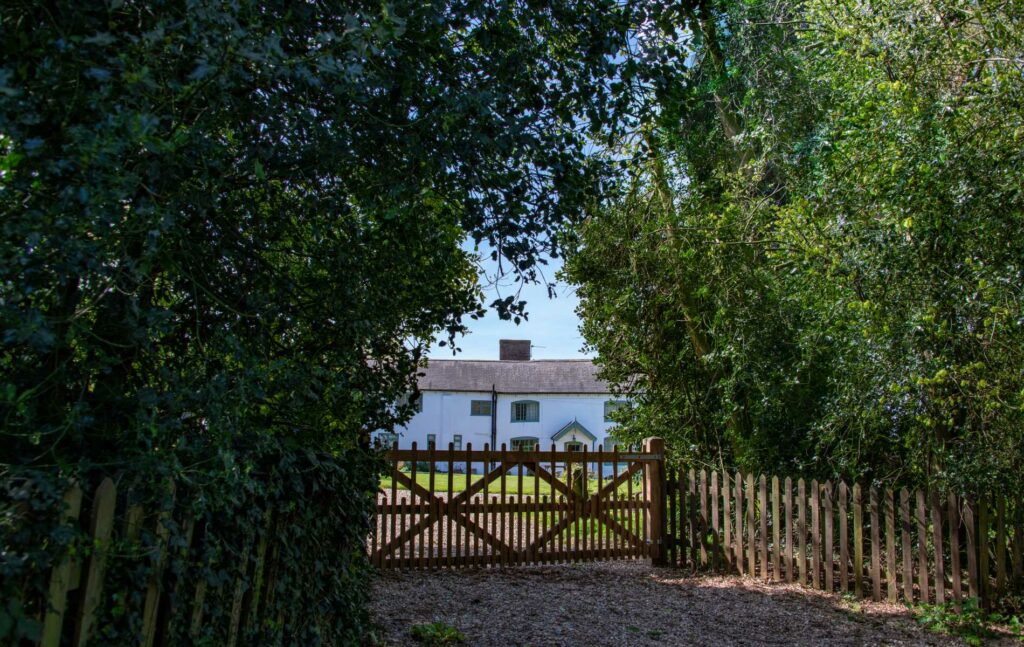
Isolated or in a village?
If you need to commute into London or another town or city, you want a home close enough to good transport links, including roads, rail or even an airport.
However, you may be able to avoid the traffic completely if you find a country house with space for a helicopter landing pad.
Some properties do have this. You can also look for homes near to a small airfield that offers a regular commercial flight service.
It’s surprising how many homes are for sale in villages that are close to railway stations that can take you right into London or other big cities.
However, factor in making that journey, particularly if it’s going to be regular.
Can you park daily at the railway station and how long will it take you to get there?
Similarly, if you are planning to commute by car, how realistic is it to make the journey often?
Also consider what may happen in bad weather; is the country road that takes you to the main route likely to get snowed up or blocked?
Remember country roads are muddy and used by farmers and not always suitable for all kinds of vehicles.
Many ‘villages’ in the country really are just a collection of houses with no facilities, not even a pub, shop or doctor’s surgery.
If being able to buy a pint of milk or pick up a prescription is important to you, choosing to be miles away from such amenities may not be that practical.
If you have children at school, you will also need to factor in the journey to a good one of your choice.
Buying a country house is not going to be so much fun if you have to spend hours in the car doing the school run.
Many good schools do operate bus services for children living in the country, so a house on the right route may mean you don’t have to do the school runs at all.
Space for the extended family?
A move to buying a house in the country may mean you are considering multi-generational living with older parents or relatives.
This, again, will dictate what kind of property you buy.
One with an annexe or possible space to convert is ideal or you may find a period house with separate floors meaning you can all live in the same property.
You will almost certainly have more space in the country so you could even look at building something in a suitable plot.
A separate ‘granny annexe’ will add value and give a relative the independence they require too.
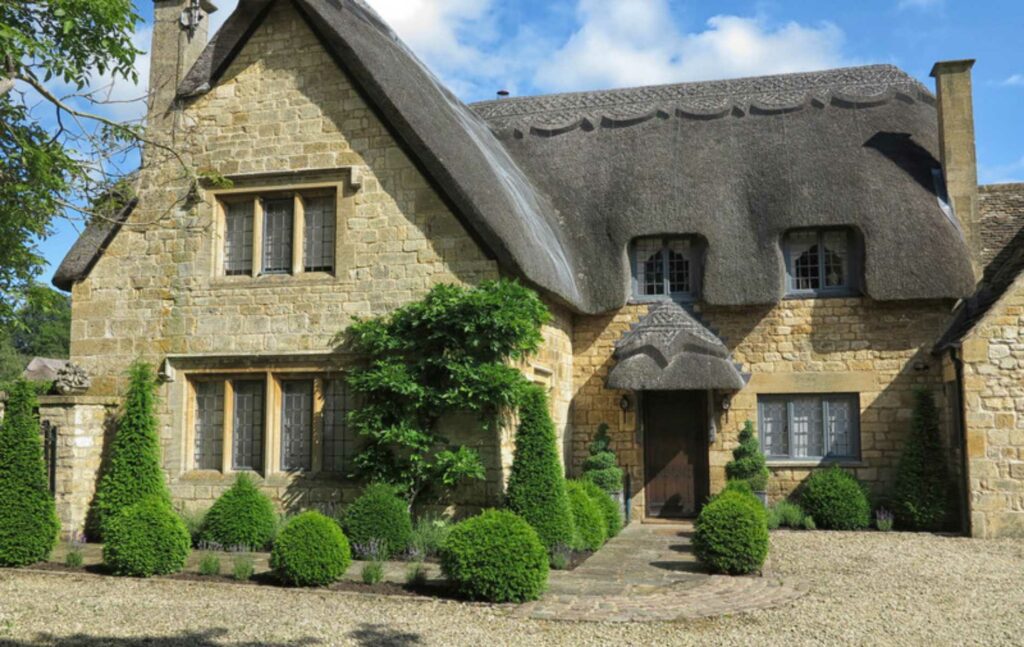
Property considerations when buying a house in the country
A thatched roof?
Country houses often have a thatched roof, which looks idyllic.
Thatches can also be insulating, making a property warmer, as well as aesthetically pleasing.
However, there are costs attached to owning one and it’s important to find out when the one you are buying was last re-ridged or re-thatched.
All thatches have a life span in that over time they will need maintaining, at least, or will need completely replacing.
Thatching is an intricate skill and therefore it’s expensive to get work done.
You’ll need specialist insurance and will also need to ensure fireplaces and chimneys are maintained.
A septic tank
Buying a country house means you can own that dream property with the roses growing around the front door.
However, the not so idyllic factor is that it probably will not be connected to a mains sewage system as is a house in a town or city.
Instead, it may have a septic tank which will need emptying by a professional firm. How often varies and it can be costly.
Why are you buying a house in the country?
It’s sometimes easy to get swept away with the notion of buying a house in the country and this can result in losing sight of the core initial reasons for making the move. Was it to be surrounded by beautiful scenery, to have greater privacy, to enjoy peace and quite or to simply have more space?
Rooms with a view
Buying a country house can mean you have rooms with the most wonderful rural views, out over open fields.
However, local searches done by your solicitor or just some basic research will check whether there is any development planned which could change your vistas going forward.
If the fields around your house are farmed, do take into consideration that at certain times of the year there will be some noise and dust from harvest, or the moving of cattle or sheep.
Living in the countryside isn’t always as quiet as you may think.
Also, consider if there is anything such as a livestock farm or meat processing factories, or even an abattoir nearby, that could generate bad smells or extra traffic noise and congestion on the roads.
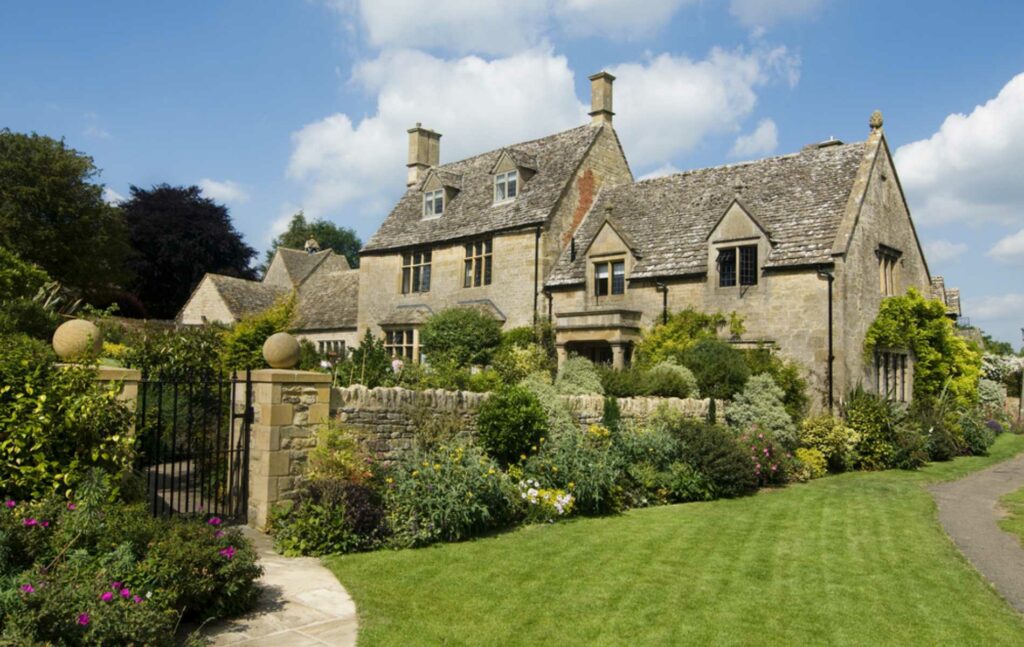
Buying a house in the country
Buying a house in the country may be the best move you’ve ever made, giving you a better quality of life away from the stresses of urban life.
But, as you can see, there are many things to consider when buying a country house.
Navigating a busy market can leave buyers feeling like they have to compromise on certain factors, confirming the non-negotiable features that a property must have to be considered will enable a buyer to be more decisive, which is often the key to success in a busy market.
Contact Garrington to make that dream move as hassle-free as possible.
